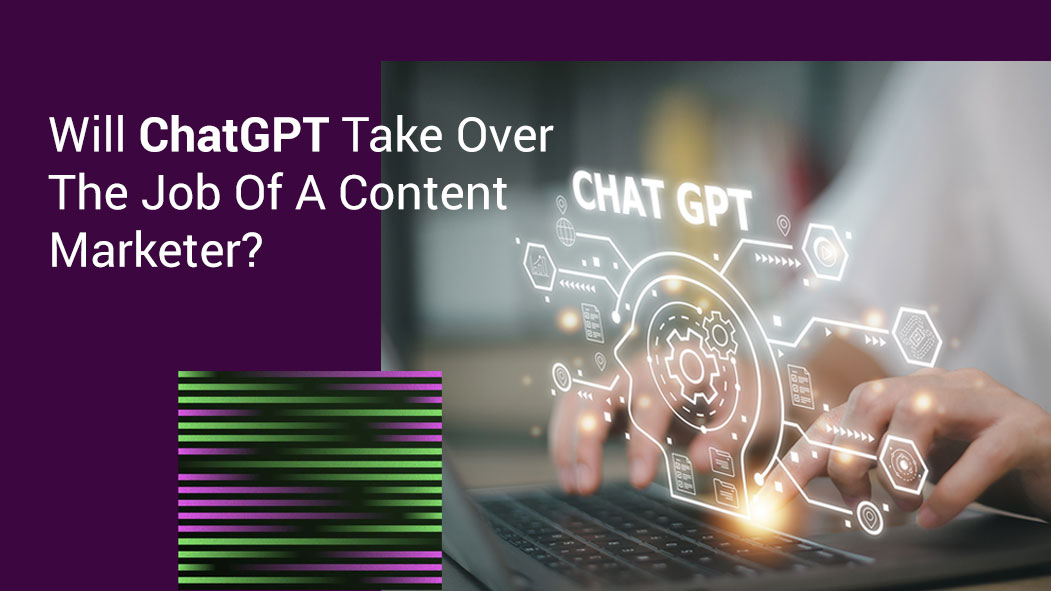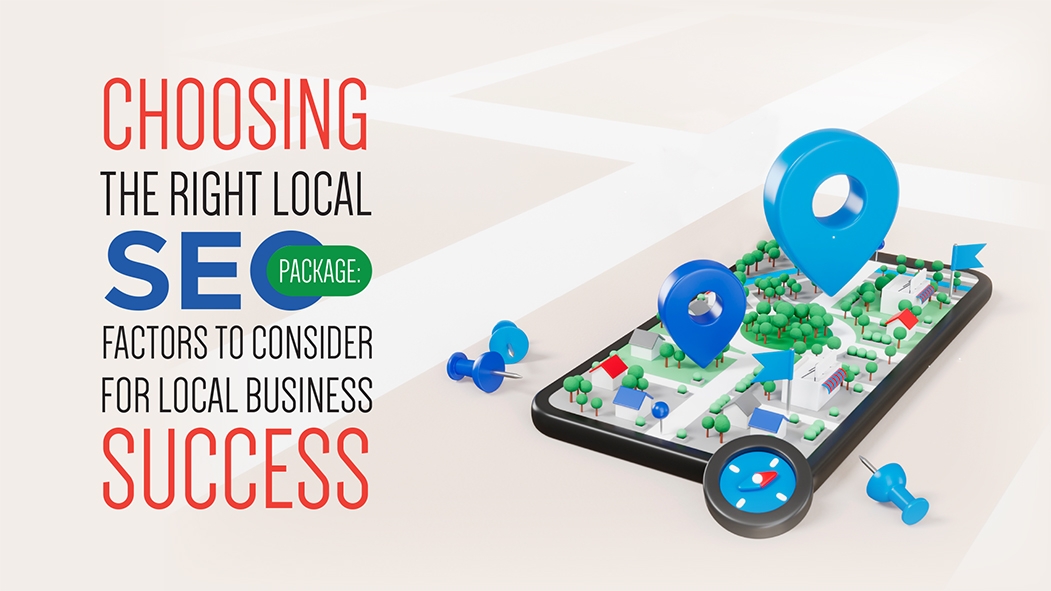February 23, 2023

ChatGPT is a subset of OpenAI's language model GPT-3 (Generative Pre-trained Transformer 3), and has generated a lot of buzz in the AI and technology communities.
One of the reasons for the buzz around ChatGPT is its advanced language processing capabilities. With its ability to generate human-like text and respond to questions, ChatGPT has the potential to revolutionize a range of industries, including content marketing, customer service, and more. Let us learn more about ChatGPT!
Introduction to ChatGPT
ChatGPT is a language generation model developed by OpenAI. It is a type of Artificial Intelligence language model that has been trained on a large corpus of text data, allowing it to generate human-like text based on the input it receives.
However, it is important to note that while ChatGPT is advanced and can generate coherent and relevant text, it is not a substitute for human intelligence and creativity. It can provide helpful suggestions and insights, but the final output should always be reviewed and edited by a human.
What Can You Do With ChatGPT?
ChatGPT can be used for a variety of purposes, such as generating natural language responses in a conversational setting, answering questions, summarizing text, and even writing creative stories or poetry. Its ability to understand and generate human language makes it a valuable tool for tasks such as customer service, content writing, and more.
1. Answering Questions:
ChatGPT can answer a wide range of questions, from simple ones like "What is the capital of France?" to more complex questions that require understanding and summarizing large amounts of information.
ChatGPT can answer a wide range of questions, from simple ones like "What is the capital of France?" to more complex questions that require understanding and summarizing large amounts of information.
2. Debugging And Fixing Code:
While ChatGPT is not designed specifically for code debugging and fixing, it can still provide some assistance in these areas. For example, it can help programmers understand error messages and provide suggestions for how to fix them.
While ChatGPT is not designed specifically for code debugging and fixing, it can still provide some assistance in these areas. For example, it can help programmers understand error messages and provide suggestions for how to fix them.
3. Translating Language:
ChatGPT, as an Artificial Intelligence tool, has been trained on text data in multiple languages, so it has the ability to translate text from one language to another, though its translations may not always be perfect.
ChatGPT, as an Artificial Intelligence tool, has been trained on text data in multiple languages, so it has the ability to translate text from one language to another, though its translations may not always be perfect.
4. Creating Content For Blogs:
And Websites: ChatGPT can generate text for a wide range of purposes, including content for blogs and websites. For example, it can generate product descriptions, blog posts, and more.
And Websites: ChatGPT can generate text for a wide range of purposes, including content for blogs and websites. For example, it can generate product descriptions, blog posts, and more.
5. Writing Resumes And Emails:
ChatGPT can also be used to generate personal or professional documents, such as resumes and emails.
ChatGPT can also be used to generate personal or professional documents, such as resumes and emails.
6. Summarizing Large Amounts Of Text:
ChatGPT has the ability to summarize long pieces of text by identifying and extracting the most important information. This can be useful for quickly getting an overview of a large article or report.
ChatGPT has the ability to summarize long pieces of text by identifying and extracting the most important information. This can be useful for quickly getting an overview of a large article or report.
Overall, ChatGPT can be a valuable tool for a wide range of tasks that involve generating, understanding, and summarizing human language, especially content marketing services.
What Is The Impact Of The CHatGPT On Content Marketing?
As a language model, OpenAI's GPT-3 (of which ChatGPT is a subset) has the potential to have a significant impact on content marketing. Here are a few ways it could impact the field:
1. Content Generation:
GPT-3's ability to generate high-quality, human-like text has the potential to revolutionize content creation. With its advanced language processing capabilities, it can be used to automate the production of blog posts, articles, and other types of content, freeing up time and resources for marketers.
GPT-3's ability to generate high-quality, human-like text has the potential to revolutionize content creation. With its advanced language processing capabilities, it can be used to automate the production of blog posts, articles, and other types of content, freeing up time and resources for marketers.
2. Copywriting:
GPT-3 can be trained to write compelling copy for advertisements, product descriptions, and other marketing materials, reducing the need for manual copywriting.
GPT-3 can be trained to write compelling copy for advertisements, product descriptions, and other marketing materials, reducing the need for manual copywriting.
3. Content Optimization:
GPT-3 can analyze large amounts of data and provide insights into consumer preferences, behaviors, and trends, which can be used to optimize content marketing for better engagement and conversion.
GPT-3 can analyze large amounts of data and provide insights into consumer preferences, behaviors, and trends, which can be used to optimize content marketing for better engagement and conversion.
4. Chatbots and Virtual Assistants:
GPT-3's advanced conversational abilities make it ideal for developing chatbots and virtual assistants for use in customer service and support.
GPT-3's advanced conversational abilities make it ideal for developing chatbots and virtual assistants for use in customer service and support.
Overall, GPT-3 has the potential to greatly streamline and improve content marketing services, but it's important to remember that it is not a substitute for human creativity and critical thinking. It should be used as a tool to augment and support the work of human marketers, not replace it.
How Helpful Is ChatGPT To Content Marketers?
ChatGPT can be very helpful to content marketers in several ways:
1. Research and Ideation:
ChatGPT can be used to generate ideas and gather information for content creation, by answering questions and providing insights on various topics.
ChatGPT can be used to generate ideas and gather information for content creation, by answering questions and providing insights on various topics.
2. Content Creation:
ChatGPT can be used to write articles, blog posts, product descriptions, and other types of content marketing. With its advanced language processing capabilities, it can produce high-quality, human-like text, freeing up time and resources for content marketers.
ChatGPT can be used to write articles, blog posts, product descriptions, and other types of content marketing. With its advanced language processing capabilities, it can produce high-quality, human-like text, freeing up time and resources for content marketers.
3. SEO Optimization:
ChatGPT can provide suggestions for optimizing content for search engines, such as keywords to include, the best length for content, and the most effective format for specific types of content.
ChatGPT can provide suggestions for optimizing content for search engines, such as keywords to include, the best length for content, and the most effective format for specific types of content.
4. Chatbots and Virtual Assistants:
ChatGPT's conversational abilities make it ideal for developing chatbots and virtual assistants for use in customer service and support, which can help improve customer experience and increase engagement with your brand.
ChatGPT's conversational abilities make it ideal for developing chatbots and virtual assistants for use in customer service and support, which can help improve customer experience and increase engagement with your brand.
However, it's important to keep in mind that while ChatGPT can be a useful tool for content marketers, it should be used in conjunction with human creativity, critical thinking, and judgment. Automated content generation should not replace human content creators but instead, be used to support and augment their work.
The Risk Of Content Marketers' Jobs In The Age Of AI
The advent of AI in the field of content marketing, including the use of language models like ChatGPT, has raised concerns about the potential impact on content marketers' jobs. While AI has the potential to automate certain aspects of content creation, it is important to note that it is not meant to replace human content marketers.
Instead, AI should be viewed as a tool to support and augment the work of human content marketers, freeing them up to focus on higher-level tasks such as strategy, ideation, and analysis. AI-generated content can also benefit from the expertise and creativity of human content marketers, who can review, edit, and improve it.
However, it is important for content marketers to stay informed about advancements in AI and continuously upskill themselves to stay relevant in an ever-changing landscape. This could involve developing new skills in areas such as data analysis, optimization, and user experience design.
Conclusion
In conclusion, while AI may change the way content marketing is done, it is not likely to replace human content marketers completely. However, those who are proactive in adapting to new technologies and developing new skills will likely have a more secure future in the field.

 Academy
Academy






